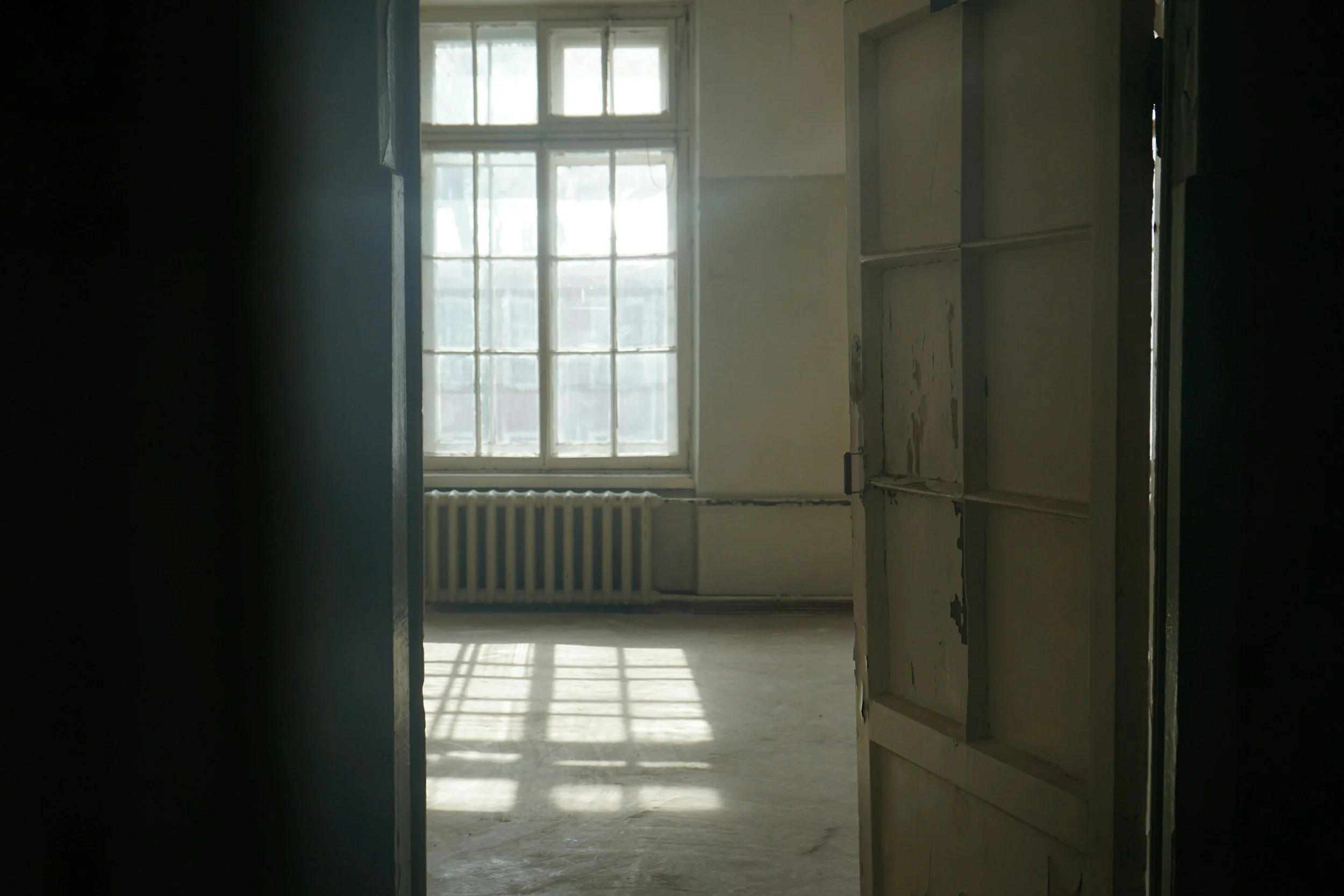A Love Island Special - Trash Reality TV is Why I Hate Myself
In the era where we care more about how many likes we have than if we are a good person, we have obsessed over trash reality TV.
If I say the word Love Island, you might react with excited yelling, expressing your dear love for the show. Alternatively, you may join me in rolling your eyes profusely, followed by a long-winded rant about why you hate the show. Whether you love or hate it you would have seen an episode or at least a photo or clip from the endless hours of attractive people talking. However, if you have lived under a rock for the past 6 years and have no clue what I’m talking about, you will need to know the monstrosity that is called Love Island. ITV has devised a well thought out, complex and intellectually stimulating television show that plays every night at 9 o’clock for a number of weeks. Audiences follow of group of overly attractive and roided up singles on their mission to find true love. Don’t worry it’s not just pointless conversations of “I fancy you” and “you’re my type on paper”, it’s so much more than that. Whilst we follow the singles stories they must take part in group activities, ones that involve girls stripping and wrestling in slime or the men showing off how strong they are and who has the biggest penis. Really gets the stimulates the mind doesn’t it?
Yes, not all TV has to challenge you intellectually, I completely agree sometimes it’s great to watch some trash TV just for entertainment. However, I don’t have an issue with the aim of the show – to entertain and make money. I have a problem with the ideologies and body expectations they enforce onto their viewers. I believe Love Island and shows like this do worse than they do good, they create an unrealistic body image and impacts their viewers in multiple ways. So, my question is: should it stay?
Since the rise of Love Island’s fame there has been a significant growth into the academic research surrounding the subject of the impact shows like this have on the public. According to a survey of 4,505 adults conducted by YouGov, almost 1 in 4 people aged between 18 to 24 say that watching reality television makes them feel worried about their bodies. In addition to this, almost a quarter of the people surveyed stated they had experienced suicidal thoughts and feelings due to the way they feel about their bodies, while 15 per cent said they have deliberately hurt themselves due to concerns they have about their physiques. Alongside this, 34 percent of people blamed their worried feelings on the images used in advertising campaigns.
With the target audience of age 16-35, it is clear that a large portion of Love Island’s audience demographic are greatly impacted by the images the show endorses. The show has adapted and created a plethora of unhealthy images snuck in between the copious amount of bad music and flippant conversations. And to top it all off they even had meal replacement shakes and Skinny Sprinkles (another laxative infused “healthy living” helper) advertised in their ad breaks! Instead of simply being a programme used to entertain the public, it enforces an unhealthy and unobtainable body image for both men and women.
Stereotypically, when a someone imagines a person who has body image issues their mind instantly pictures a women. Why would this be? Notably, women are the main target audience for all diet/weight loss advertisement. Even all the packaging is pink and pretty just to entice female buyers. This advertising tactic and as the constant female representation in films such as White Chicks, in particular a tall, slim, and beautiful woman screaming hysterically about her invisible belly roll. So of course, we would have this stereotype built in our minds, but its seems that men’s thoughts and feelings have been forgotten. For the past few series of Love Island, the Mental Health Foundation has conducted multiple survey’s to gather the true opinions of audiences. Their collected data from 2017 revealed an increase in the amount of men under 24 in the UK using anabolic steroids to bulk out, with some academics linking this to body image pressure perpetuated by the show. This ultimately means that not only women have been effected by the show but men also. Everyone person who has watched the show has been effected in some way.
Who can blame us right? After watching hours of size 0 women and men the size of houses with veins popping out each and every way, we are bound to start to question ourselves. As the show is linked to love it also demonstrates to audiences that the only way to find love or at least someone to sleep with is by looking a certain way. Where is the diversity in the show? The producer’s idea of diversity is a 6ft man with toned abs and average arms – stupid right! Just because his legs aren’t bursting out of his trunks or his arms aren’t bulging like balloons it means that he is the average. When are we going to see a size 12 or 14 with a stomach rolls and cellulite or a 5ft 6inch man with a hairy chest and a beer belly? Ultimately, you can watch what you want to watch but there should at the very least be realistic representations of society.
We can’t forget the impact the show also has on the contestants. Since 2018 3 individuals who were involved in the show have committed suicide. Sophie Gardon, who died June 20, 2018 from suicide, Mike Thalassitis who died 16 March 2019 from hanging and Caroline Flack who died 15 February 2020 from suicide. It is clear that no one benefits from this show. If Love Island can’t look after the welfare of it’s own contestants and employees, how can we expect it to do the same for it’s audiences. There has been multiple investigations into the mental health support the show offers and supposedly the producers have claimed they will do more – I mean we will see.
I’m not saying write off the show or take it off air, it does offer groups of people an opportunity for greater things after the show and it does employ multiple people. However, I’m proposing that we should hold Love Island accountable to for the issues it has caused. Young people are feeling worried about the way they look or feel pressured to look a certain way, some even having suicidal thoughts, and even the people involved are committing suicide. So, is the show really worth it?
Written by Megan Binning
Hi, my name is Megan, I'm 21 years old and an English graduate from the University of Plymouth. I'm an aspiring screenwriter and love all things creative. I have everything writing including short story, poetry, journalism, and script. I am particularly interested in writing about film/television and how it has impacted our lives, both the good and bad!






